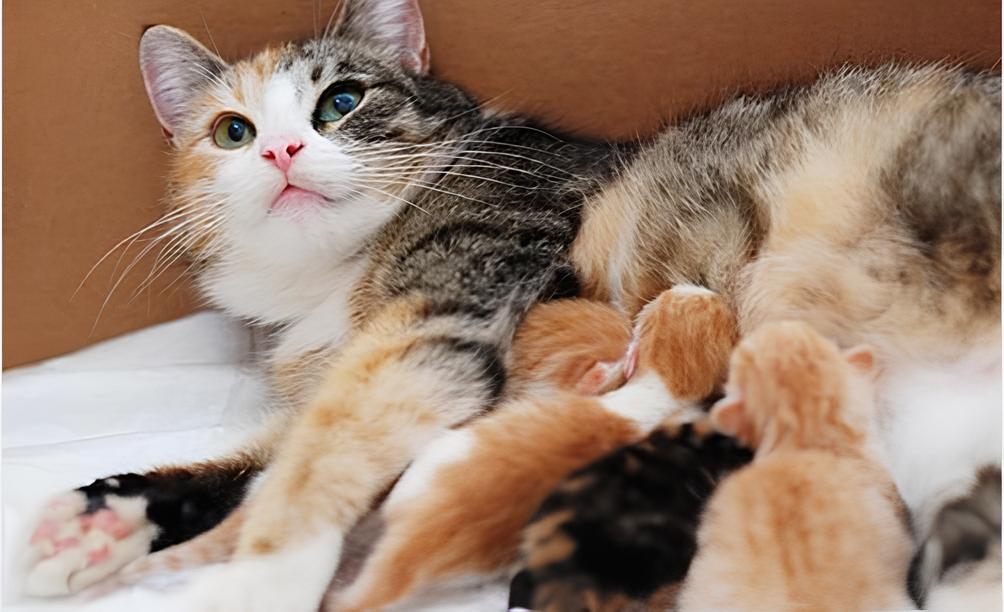After his wife passed away 10 years ago, the elderly man has lived alone in a small house. One stormy day in July 2022, a mother cat and three kittens sought shelter at his doorstep.
Taking pity on them, he took them in and named the two surviving cats Siam Ba and Mulan. "I have no children, and no other living relatives. They are my family," he shared.
 |
Illustrative photo: ST |
Recently, he planned to write a will leaving all his assets and savings to his cats. However, a lawyer informed him that Chinese law doesn't recognize pets as legal heirs. Senior citizens can create wills with stipulations, allocating specific assets or cash for their pet's living expenses and medical care. The will can also name a trustee, either a trusted individual or a professional organization, to oversee its execution.
He began advertising for an heir willing to sign a formal agreement to care for his cats. "I only need them to love and take good care of my cats," he added.
So far, no one has accepted his offer.
The elderly man’s story highlights the growing issue of elderly loneliness in China.
According to China's National Bureau of Statistics, by the end of 2023, people aged 60 and above accounted for 21% of the population.
The Ministry of Civil Affairs and the National Health Commission of China announced that approximately 60% of senior citizens live in solitude (either alone or only with their spouse), a 10.4 percentage point increase compared to 2010.
The story, reported by Guangdong Radio and Television, quickly spread across social media, sparking heated discussion.
"Even though cats can't spend money, if the right person is found, the man's money can still be used appropriately to bring happiness to the animals he loved most," one person commented.
Nhat Minh (according to yahoo/bigmedia)












